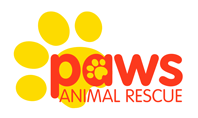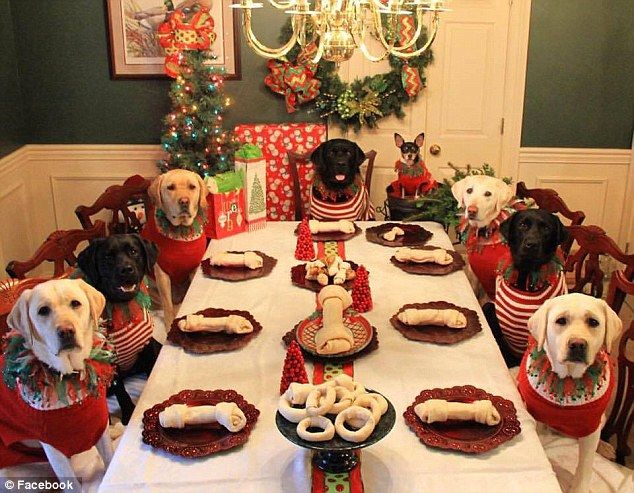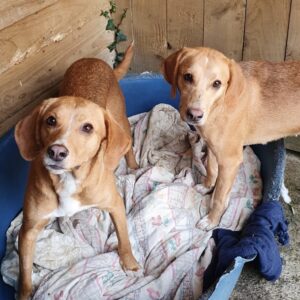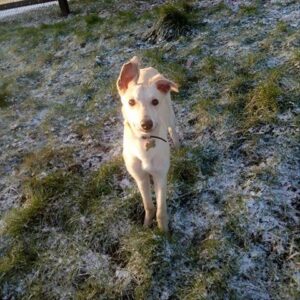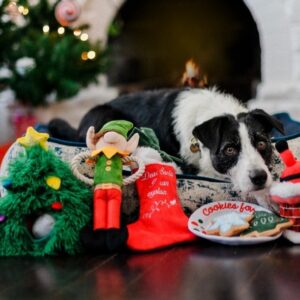Christmas is a busy time for everyone at Christmas including your dog. Your dogs’ whole day to day routine can be thrown out of whack, there is so many visitors and different people coming and going, it can be hard for your dog to keep up. It can also be a prime time for them to get tempted to get up to mischief as there are so many exciting things coming into the house. However, some of these things are going to be dangerous for your dog to get into or can even be fatal if they are ingested.
You probably already know that chocolate is lethal for dogs as it contains the ingredient, Xytol, which is poisonous to dogs but be sure that any visiting family members or neighbours that may pop over also know this. They may be tempted to ‘treat’ your dog with a tidbit or leave down a selection box or tin of celebrations without thinking. Be sure to keep all chocolatey things out of the reach of a curious wet nose. This includes advent calendars, chocolates and candy canes which may be hung from the tree, chocolate in visitor coat pockets, wrapped up edible gifts, chocolates and sweets left on coffee tables etc. If you’re unsure if your dogs has ingested any dangerous foods, look out for signs of your dogs being extra excitable or even twitching or tremors. This could lead to fatal fitting or vomiting or diarrhoea. If there are any signs of this or if you have any doubts your dog has ingested something it shouldn’t then an emergency veterinary visit is immediately required.
Other Christmas foods you may not be aware of that can be toxic to dogs are macadamia nuts, sultanas and raisins that would be found in mince pies and Christmas pudding, cooked bones, blue cheese like cashel blue or roquefort and any rich, fatty foods like poultry skins, gravy etc. All these things could lead to pancreatitis for you dog if ingested and can even be fatal to your dog.
Other Christmas items that may be tempting for your dog can be plants like poinsettia, fir trees, holly and miseltoe but also tinsel, antifreeze, potpourri, batteries and gel sachets that come with presents can be enticing for your dog but hazardous to his health. Should you feel your dog has come into contact with any of the things mentioned on this list, follow this guide :
- Consult your local veterinary practice immediately
- It is important that your veterinary practice make an informed decision as to whether your dog needs to be clinically assessed or treated. Where possible ensure that you tell them:
- What your dog has eaten
- How much has been eaten
- When it was eaten
- Do not try and make your dog sick. Trying to do this can sometimes cause other complications, which can make your dog unwell.
